Career Possibilities
Learn about the diverse roles within the WA Police Force that are in store for your career. From new locations to new vocations, the variety of the WA Police Force will ensure an exciting journey.
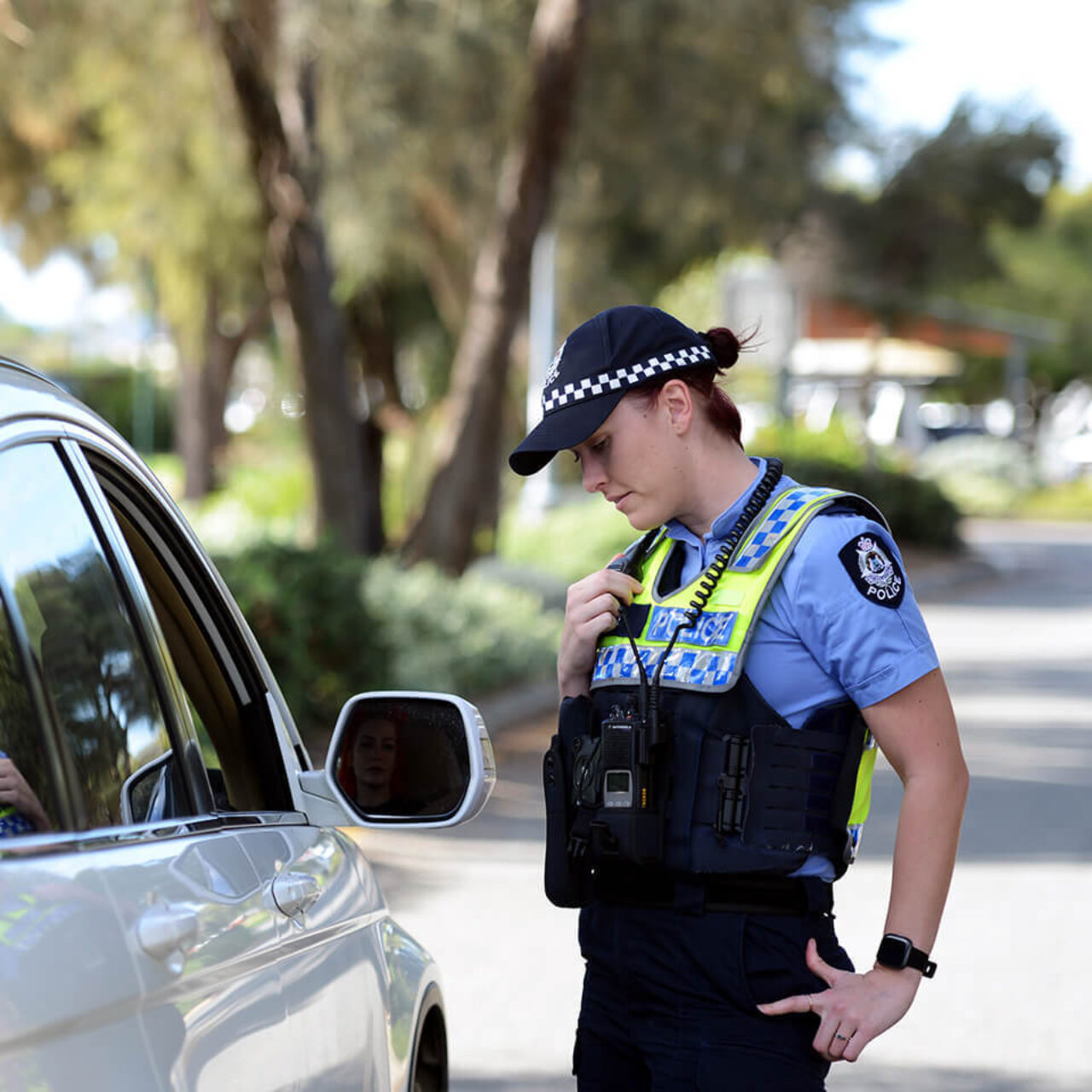
At the WA Police Force, we want to help you become the best you can be in your role. We believe if you're given the right tools to keep learning, you'll be better placed to seize more opportunities and advance yourself - both personally and professionally.
As part of the team, you'll have access to our comprehensive training courses, further education and professional development:
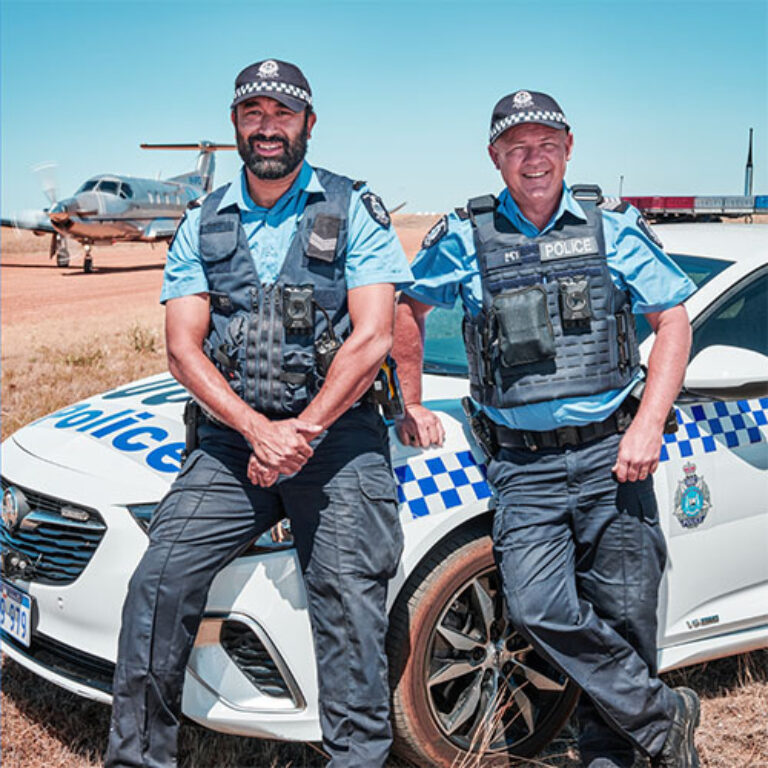
Patrol Inquiry Officers respond to calls for help from the WA community. They are the first responders who arrive in times of need, often helping people through a traumatic experience.
Based in Metropolitan and Regional police stations in Western Australia, they serve diverse communities, ensure public safety, and engage in vital investigations.
Police officers will begin as probationary constables in this general duties role, developing a broad range of skills and experiences they can apply to specialised roles later on in their career.
A Patrol Inquiry Officer role is one of the most rewarding, providing a trusted and valued service to the community.
As a Police Officer, no two days are the same and you will be required to undertake a range of general duties such as:
The role of a frontline police officer goes beyond enforcing the law. You have an important role to play in the community and may be involved in activities such as:
Once you have gained policing experience as a general duties police officer working on the front-line, you can move into a variety of specialist roles.
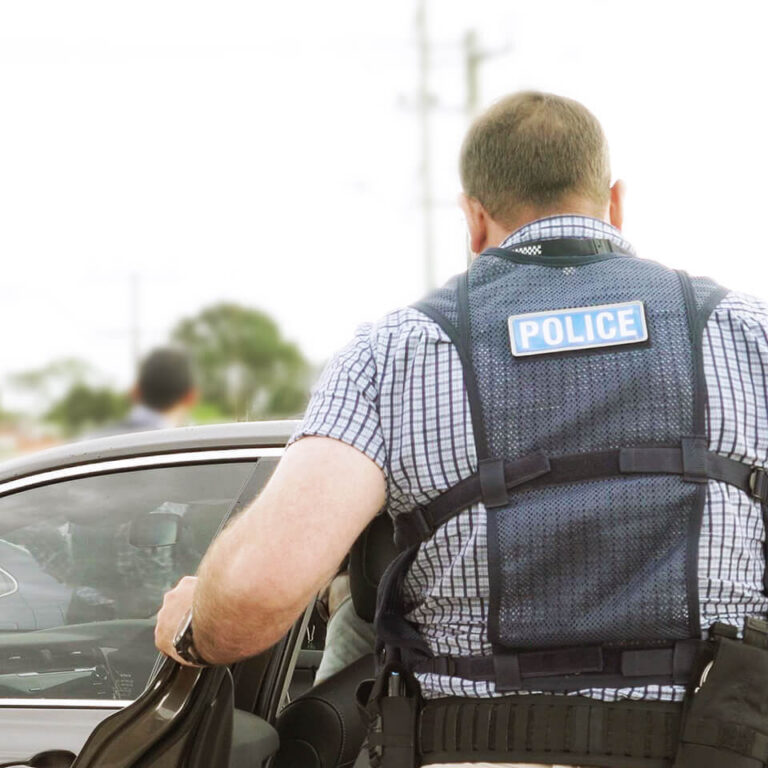
Once you've gained sufficient policing experience, you can enhance their investigative skills as a detective. Being an effective investigator requires mental agility, a strong sense of empathy and integrity in dealing with victims, witnesses and suspects.
Detectives have access to a growing range of capabilities, tools and techniques to assist with the investigation of complex matters to solve crimes. These can include working on forensic evidence, surveillance, analysis of data, and developing interview and leadership skills.
Diversity within detective specialist squads, suburban offices and regional areas means solving major crimes, capturing dangerous offenders, disrupting criminal syndicates and ensuring just outcomes for victims.
Interested in a becoming a detective? Hear from lead investigator, Detective Sergeant Steve Keady, who was tasked with catching two masked men involved in one of the most daring and dangerous heists in WA history.
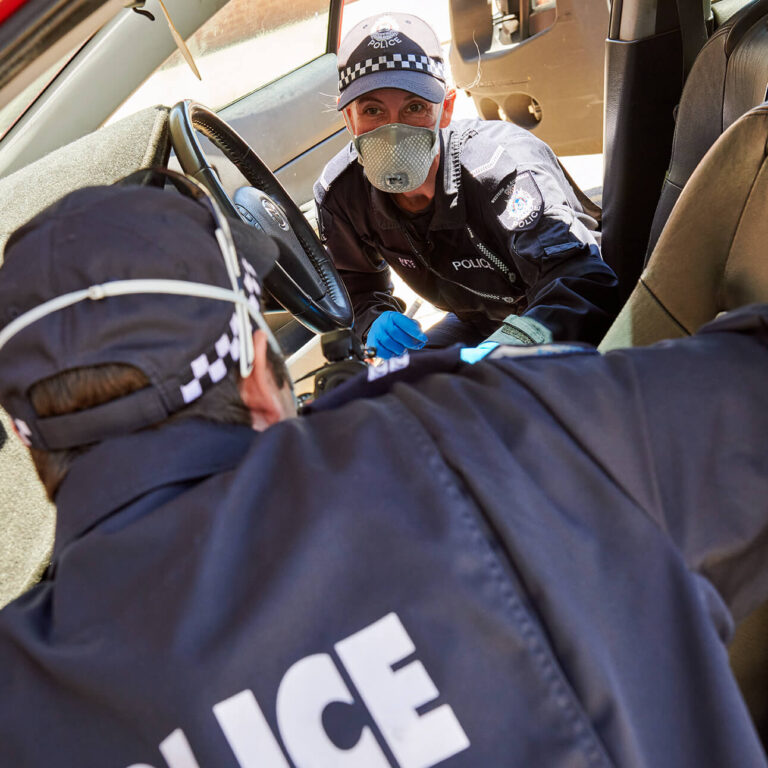
Forensic investigators assist with the identification, collection and processing of evidence. Evidence exists in many forms, be it physical (fingerprints, DNA) or digital (data on a computer).
Evidence must be collected in a scientific and precise manner to assist in investigations and potential court processes. A meticulous approach and attention to detail is vital to this role and is often developed through experiences in general policing and detective roles.
The role of a forensic investigator is challenging and immensely rewarding, as the evidence collected may lead to an investigation achieving a successful result for victims and their families. It requires skills like inquisitiveness, methodical problem solving, and close attention to detail.
Interested in becoming a forensic investigator? Hear how Senior Constable Grant Hazell who specialises in vehicle forensics, can extract information from cars to piece together how a crime was committed.
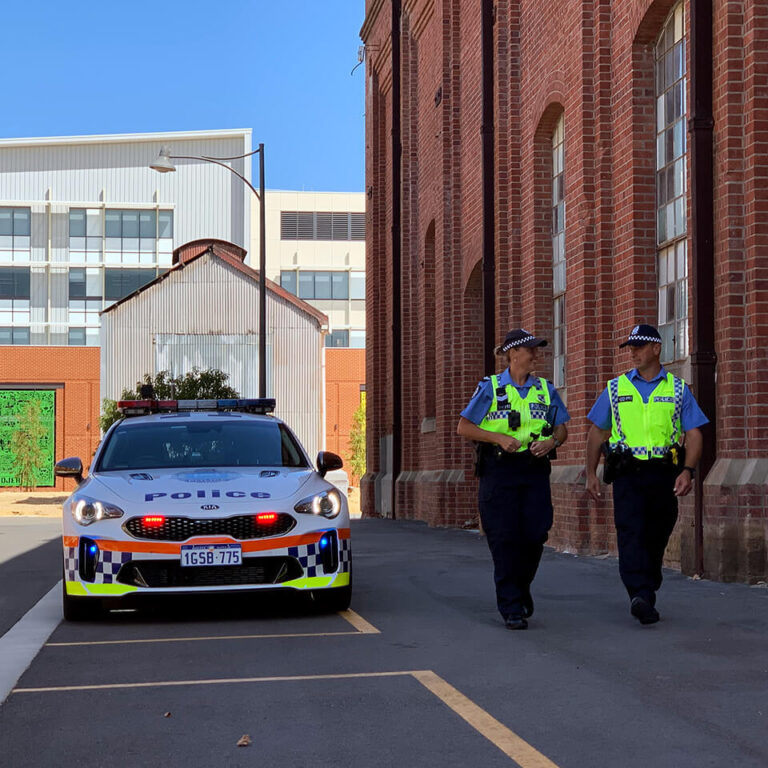
Traffic Enforcement Officers play a vital role in ensuring Western Australian roads are safer for the community. Whether in patrol cars or on motorbikes, they encounter a variety of situations every day. They are responsible for enforcing traffic laws, conducting investigations into traffic crashes and responding to emergencies.
Many probationary constables work with the Breath and Drug Operations unit, building their community engagement skills through direct daily contact with the public. These frequent interactions provide invaluable policing experience. Traffic Enforcement Officers often harness the latest technology and contribute to important investigative processes. They are the vital eyes and ears on our roads, and provide a visible, reassuring presence in the community.
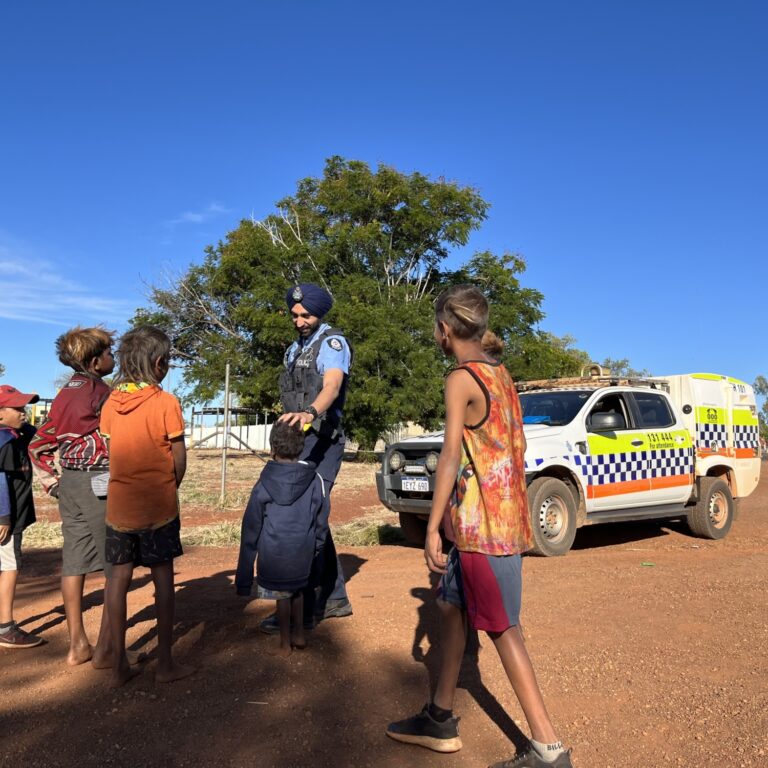
The Western Australia Police Force covers the world’s largest geographical policing jurisdiction, taking in 2.5 million square kilometres with more than 150 police stations across eight metropolitan and seven regional districts.
Regional police officers experience a career filled with purpose and excitement. They live amongst and serve diverse communities, ensuring public safety and engaging in vital investigations. They do this surrounded by the most amazing landscapes in the world, from white sand to red dirt.
They enjoy benefits including, free or subsidised rent in designated locations, and excellent employment prospects for partners. It’s a unique experience, that many police officers cherish in their career.
As police officers gain more experience, exciting opportunities open up across a broad range of specialist roles. Many of these are within Specialist and Support Services, which incorporates the Counter Terrorism and Emergency command.
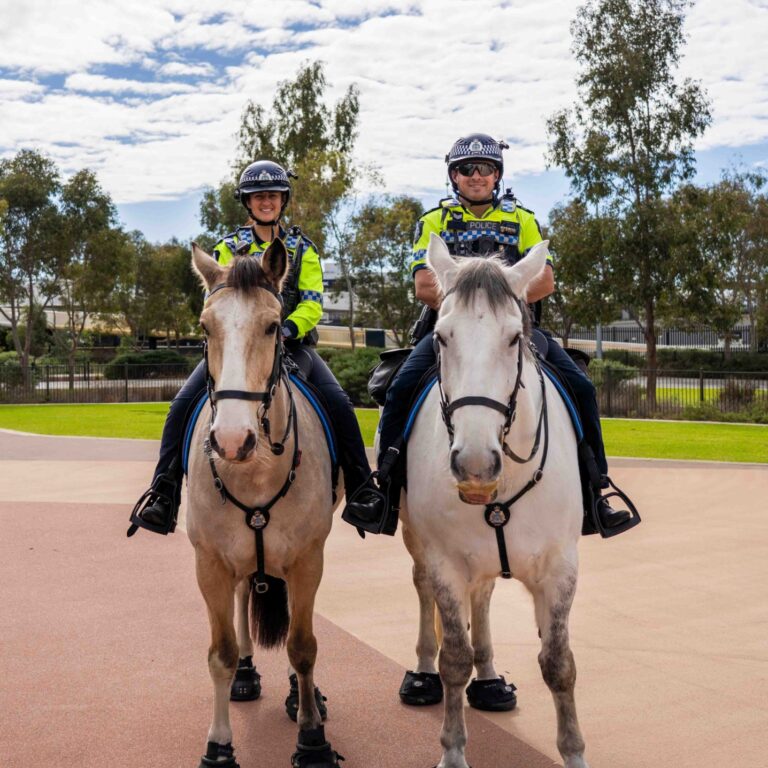
Mounted policing provides police officers with an excellent 360 degree view of their surroundings from an elevated height, with the ability to manoeuvre through confined areas, in crowds, or to cover ground quickly. It’s a highly effective way of policing in sometimes a volatile and dangerous environment.
Mounted officers are selected from serving WA Police Force officers, with particular emphasis on frontline operational experience. Horse riding/handling skills are not essential, as all staff undergo training and regular assessments.
Interested in a career as a mounted police officer? Hear what it’s like to be paid to ride a horse at work…it’s a job unlike any other.
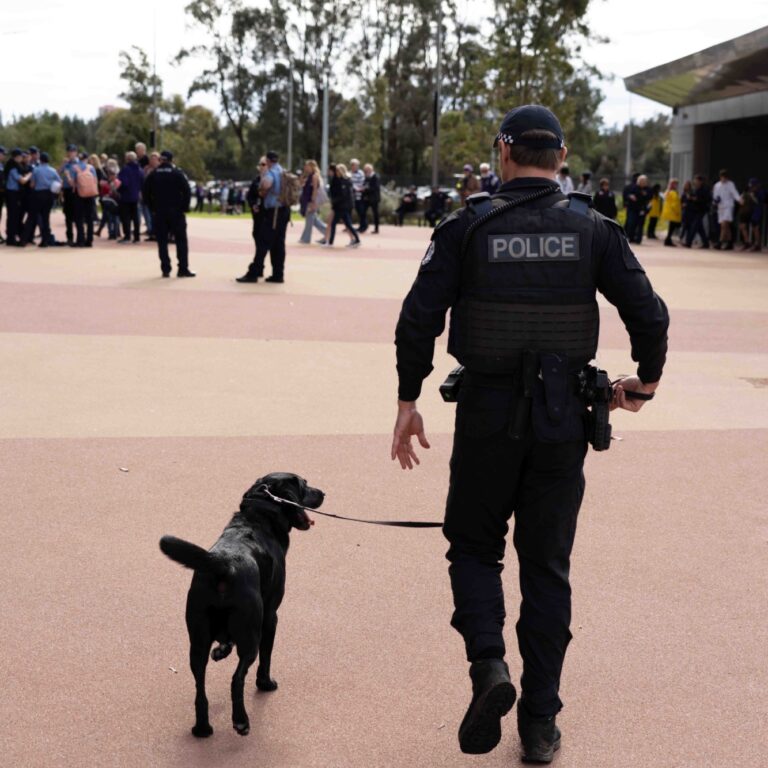
Canine officers are recruited from the frontline ranks to partner with Narcotic Detection Dogs, General Purpose Dogs or Dual Purpose Dogs. Our police dogs are mainly German, Dutch or Belgian Shepherds and Labradors who suit the demands of police work.
Duties include the apprehension of violent offenders, narcotics detection, responding to antisocial behaviour, demonstrations and riots, and tracking and searching for offenders involved in criminal activities.
Interested in a career as a Canine officer? Hear what happened the day police dog Ace and First Class Constable Jayden Elphick came face to face with a man on the run.
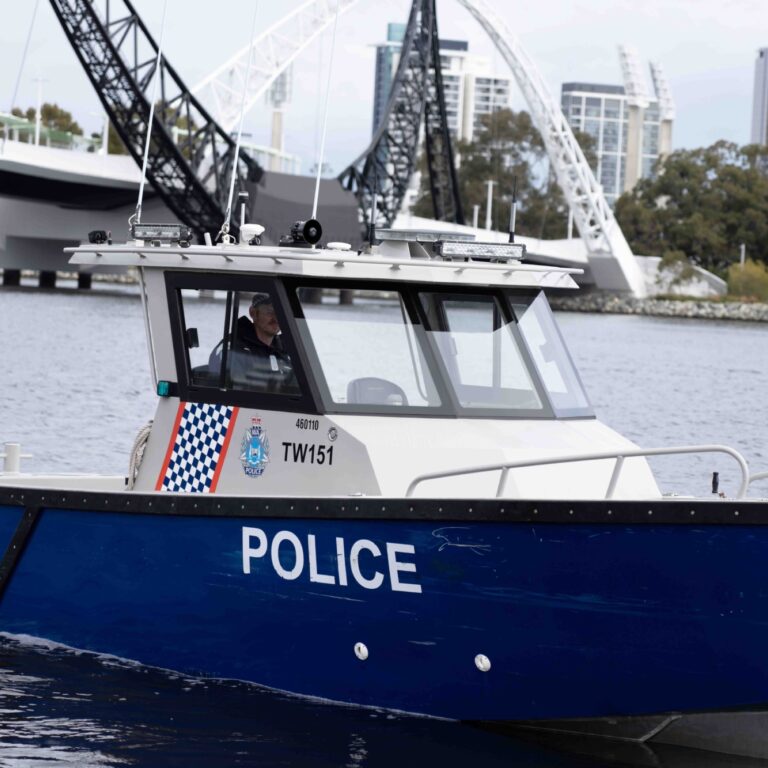
Operating from North Fremantle and Mandurah, Water Police covers the vast WA coastline, providing oversight and support for all marine search and rescue operations and working closely with volunteer marine rescue groups.
They operate a range of vessels for marine operations, safety and other policing and law enforcement purposes. A specialist Dive Squad conducts underwater operations, including search and rescue and the recovery of evidence relating to crimes.
Interested in a career with the Water Police? Hear how Senior Constable Ian Bembridge and his partner raced against time to locate and rescue a father and his twin nine-year-old boys from their sinking vessel.
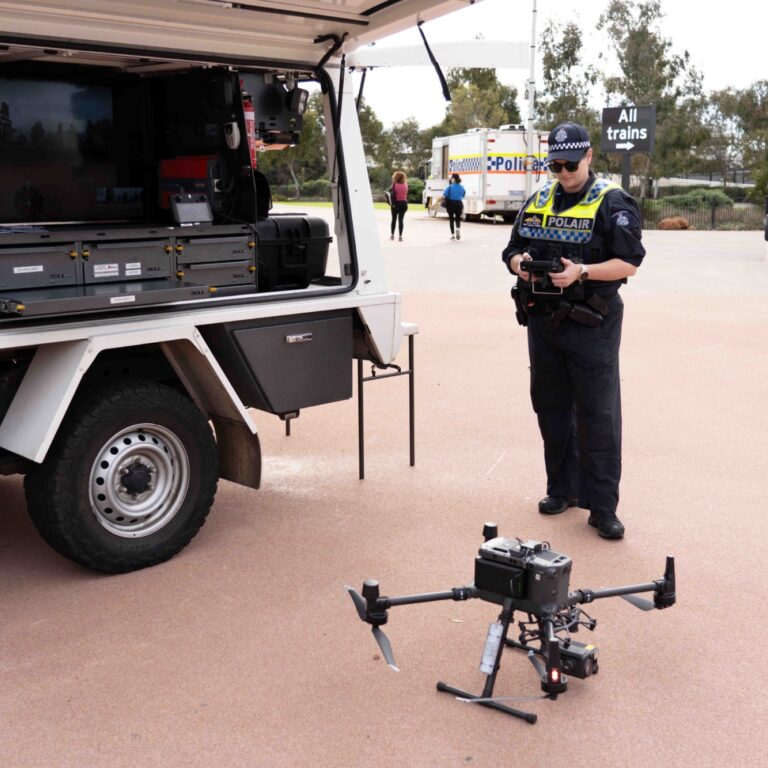
Police Air Wing uses various rotary and fixed wing aircrafts to assist frontline police officers in conducting their duties across the State. The unit has aircraft engineers, pilots, tactical flight officers a Remote Piloted Aircraft Systems (Drone) Unit all working from Jandakot Airport.
Duties typically include tracking stolen cars and high-harm offenders, searching for missing people, deploying Tactical Response Group officers for high-risk operations, transporting Police assets around the State, targeted patrols over high volume crime areas and rescue winching operations.
Interested in the police air wing unit? Hear Senior Constable John Gobbles recount a tale of a kid who didn’t want to get caught, a high-speed chase from the air covering over 100 kilometres, and the lesson of taking matters into your own hands.
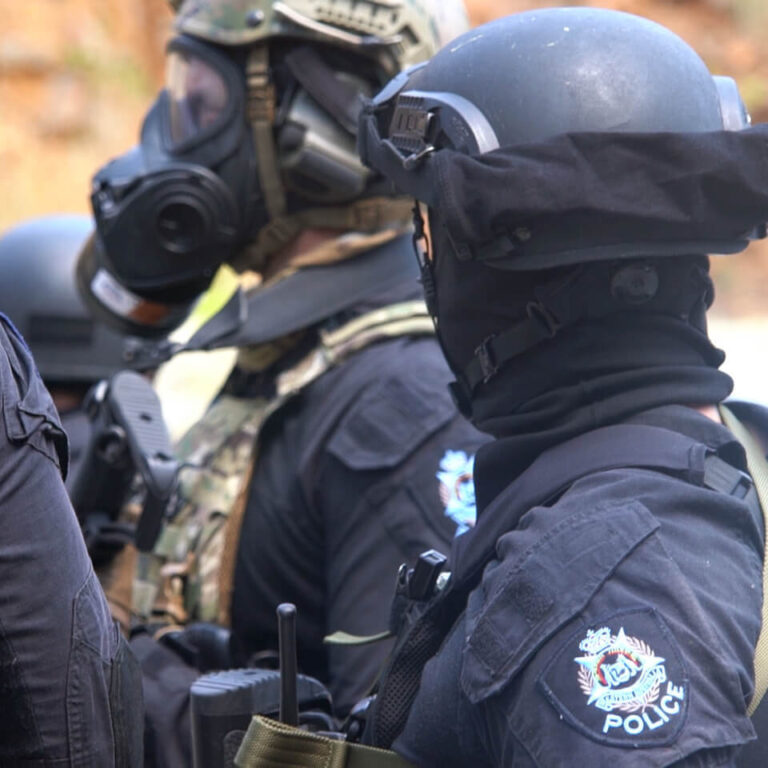
Experienced officers with an appetite for physical action and conflict resolution are drawn to the elite Tactical Response Group (TRG). TRG members are highly trained in siege resolution and counter-terrorism. They are skilled negotiators and respond to various high-risk situations.
Frontline officers who apply undergo a rigorous selection course that puts them through their paces physically and mentally. This ensures they are the best officers to resolve armed offender and high-risk incidents right across the State. Rappelling down buildings, winching from helicopters and storming barricaded fortresses are just some of the tasks they are trained to carry out.
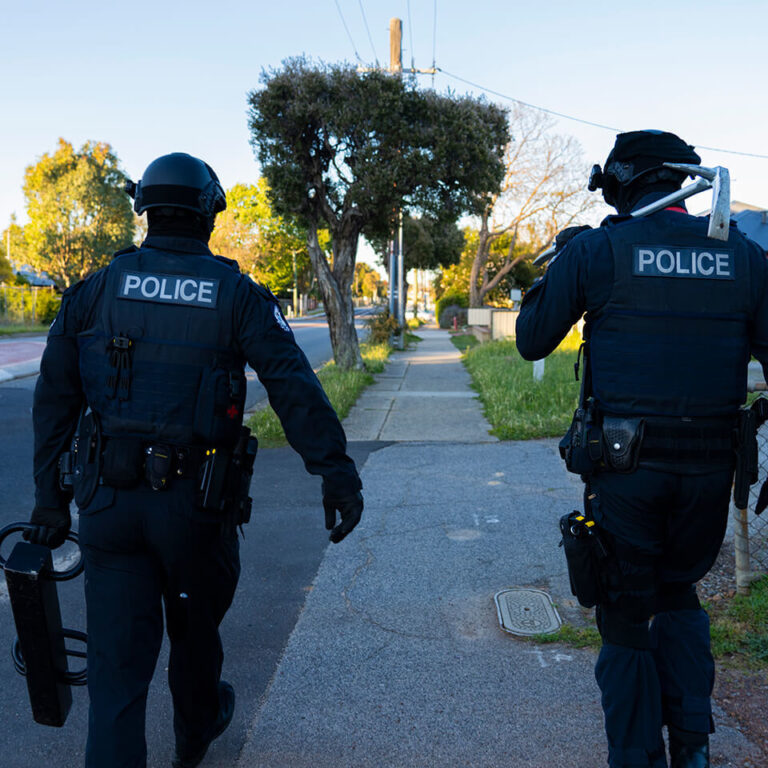
Regional Operations Group (ROG) is another highly-skilled specialist unit that can be quickly deployed en masse to resolve violent situations. They are specially trained and equipped to handle out-of-control gatherings, ranging from house parties to protests, riots and active armed offender incidents.
ROG officers are versatile and mobile, so they commonly provide specialist assistance when local police require extra resources for emergencies or planned operations.
The ROG are fit, focused and resilient when dealing with volatile conditions.
Interested in becoming a ROG officer? Hear how the ROG officers and supporting units work as a team to restore order from chaos to keep the community safe.
The WA Police Force is represented by more than 500 business units, so there is a job for just about every skillset across a workforce of more than 9,000 police officers and staff.
Police officer roles can vary from family liaison officers to police prosecutors, arson squad investigators, dignitary protection officers, liquor and firearms licencing, financial and sex crime investigators, family violence specialists, trainers, community engagement officers – the list goes on, with more than 7,000 sworn officers.
They are backed by more than 2,000 police staff, public servants who provide critical support and specialist functions across every portfolio.
After successfully completing the 18-month probationary period, you will be permanently appointed to the rank of Constable and can apply for any advertised vacant Police Officer role. If the position sought is a technical position, appropriate skills or qualifications may be required.
There are many ways and opportunities to advance your career. You can progress to First-Class Constable after five years (all studies and assessments for that rank must be completed). You can continue to a Senior Constable role after a further four years, pending completion of studies and assessments for that rank.
As a First-Class Constable, you may then apply for promotion to the rank of Sergeant. Promotion for the ranks of Sergeant and above is based on a merit system. There are also opportunities to learn new skills and move into technical roles.